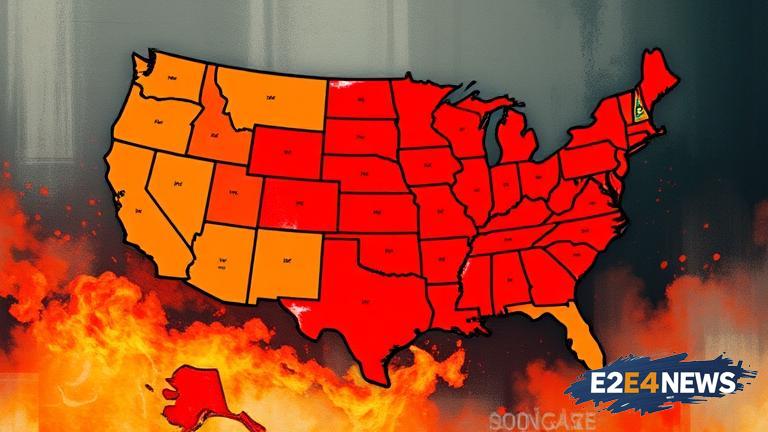The United States is facing a critical shortage of volunteer firefighters, with many departments struggling to maintain adequate staffing levels. This shortage has far-reaching implications for public safety, as volunteer firefighters play a crucial role in responding to emergencies and protecting communities. According to recent reports, the number of volunteer firefighters has been declining steadily over the past few decades, with some estimates suggesting a drop of as much as 10% in the past 10 years alone. This decline is attributed to a variety of factors, including changing demographics, increased training requirements, and a lack of incentives for volunteers. As a result, many fire departments are finding it difficult to respond to emergencies in a timely and effective manner, putting lives and property at risk. The shortage is particularly acute in rural areas, where volunteer firefighters often provide the only emergency response service available. In these communities, the lack of volunteer firefighters can have devastating consequences, including delayed response times and reduced emergency services. Furthermore, the shortage of volunteer firefighters is also having a significant impact on the economy, as fire departments are forced to rely on paid personnel, which can be costly and unsustainable in the long term. To address this issue, many fire departments are turning to innovative recruitment strategies, including social media campaigns and community outreach programs. Additionally, some states are offering incentives, such as tax breaks and tuition reimbursement, to encourage individuals to become volunteer firefighters. However, more needs to be done to address the root causes of the shortage and ensure that communities have access to adequate emergency response services. The National Fire Protection Association (NFPA) has called for increased funding and support for volunteer fire departments, as well as improved training and resources for volunteer firefighters. The NFPA has also emphasized the importance of promoting the value and benefits of volunteering as a firefighter, including the opportunity to make a difference in the community and develop valuable skills. Despite these efforts, the shortage of volunteer firefighters remains a pressing concern, and it will require a sustained and coordinated effort to address. The impact of the shortage is being felt across the country, with many communities struggling to cope with the lack of volunteer firefighters. In some areas, the shortage has led to the closure of fire stations, while in others, it has resulted in reduced emergency services and increased response times. The consequences of the shortage are far-reaching and can have a significant impact on public safety and community well-being. As such, it is essential that policymakers, fire departments, and community leaders work together to develop effective solutions to address the shortage and ensure that communities have access to the emergency response services they need. The shortage of volunteer firefighters is a complex issue that requires a multifaceted approach, including recruitment and retention strategies, training and resources, and community engagement and outreach. By working together, we can help to address the shortage and ensure that communities across the US have access to the emergency response services they need to stay safe. The nation’s volunteer firefighters are a vital part of the emergency response system, and it is essential that we do everything possible to support and sustain them. The shortage of volunteer firefighters is a wake-up call for communities across the US, highlighting the need for increased investment in emergency response services and the importance of promoting the value and benefits of volunteering as a firefighter. Ultimately, addressing the shortage of volunteer firefighters will require a long-term commitment to supporting and sustaining these critical emergency responders.
